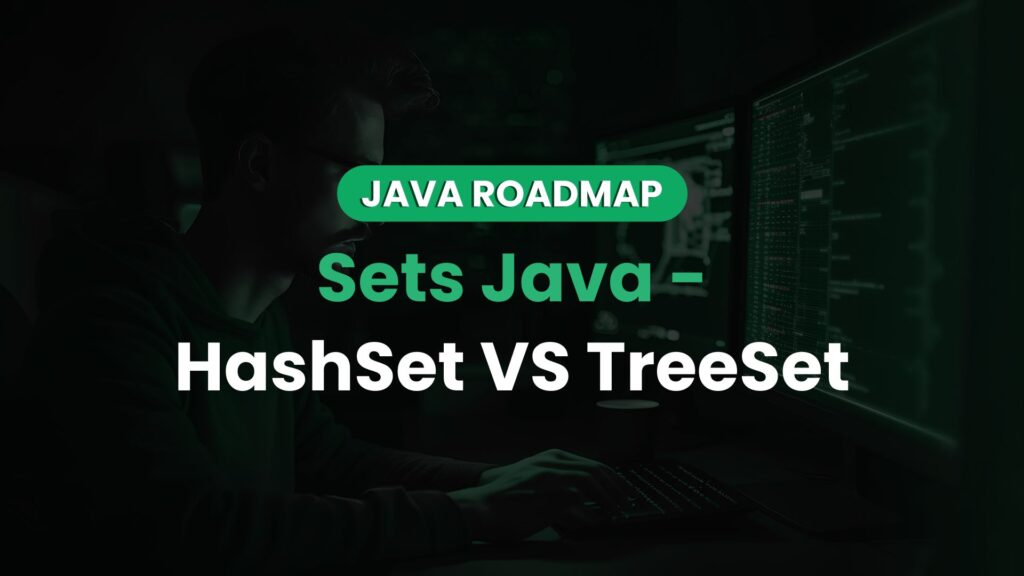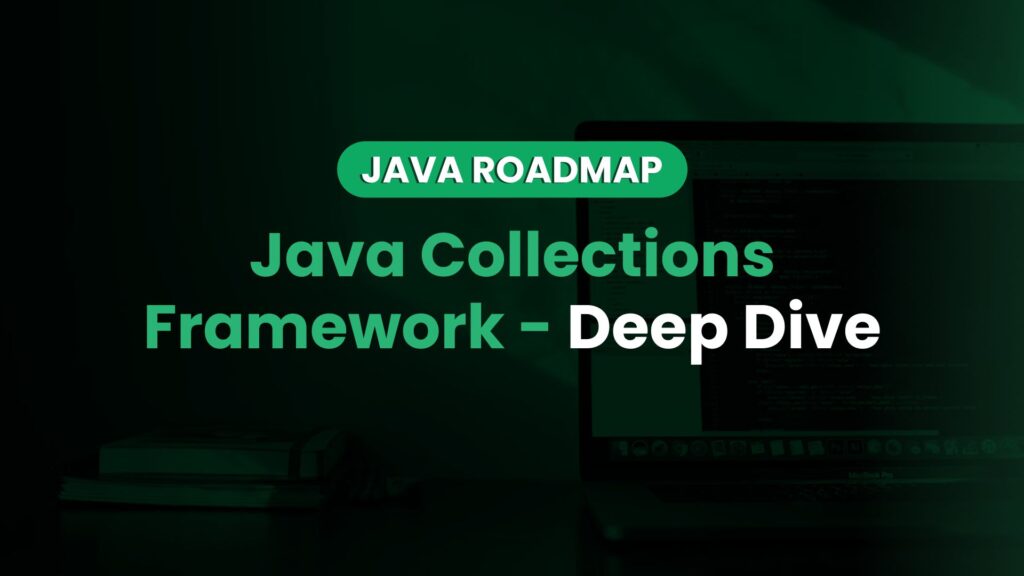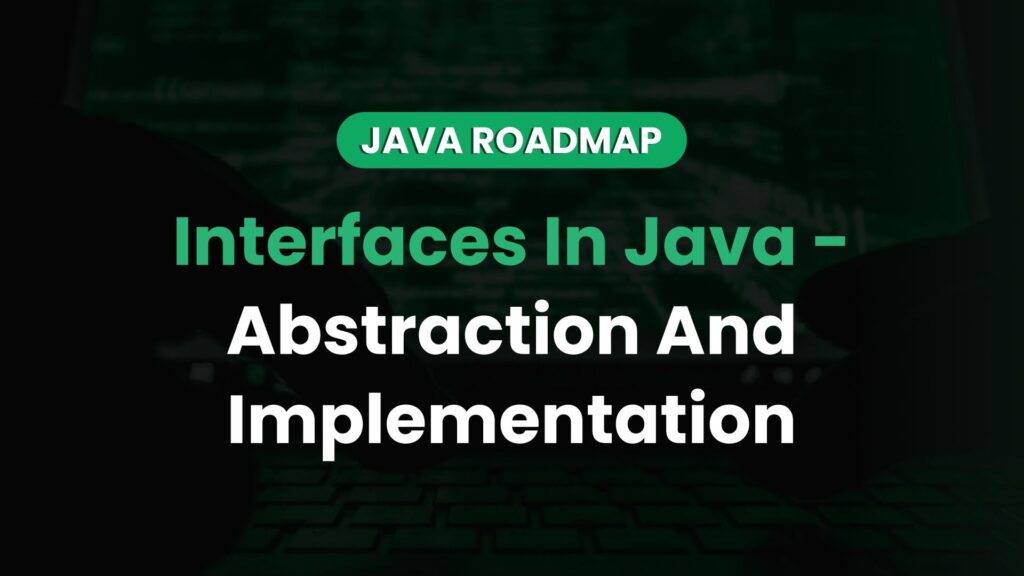Introduction In the dynamic world of Java programming, the efficient manipulation of data transcends the basic operations. Collection algorithms, including sorting, searching, shuffling, and reversing in Java, wield the prowess to transform data into an organized, optimized powerhouse. In this expansive article, we embark on an in-depth exploration of these algorithms, complete with code snippets […]
Category Archives: Java Roadmap
Introduction Java, one of the most widely used programming languages in the world, offers a rich set of data structures and libraries that empower developers to create robust and efficient applications. Among the many tools in Java’s arsenal is the Map interface, a fundamental component for managing key-value pairs. In this blog, we’ll delve into […]
Introduction In the world of Java programming, data manipulation is at the heart of every application. When it comes to organising and managing collections of unique elements, the Sets Interface is a crucial tool in the Java Collections Framework. It provides a foundation for working with sets of objects, ensuring that each element is distinct […]
Introduction In the world of Java programming, data structures play a pivotal role in managing and organising data efficiently. Among these, queues and deques are fundamental concepts used to handle collections of elements in a specific order. Java, being a versatile programming language, provides developers with several tools to implement these data structures effectively. In […]
In Java, collections are a way to organise and manage groups of objects. Think of it like organising a library with different book collections. You can categorise books based on genres, authors, or other criteria. . In Java, Java Collections Framework serves as containers that allow us to store and work with groups of objects. […]
Introduction In Java, interfaces are primarily used to define a contract for classes to follow. However, Java has a special kind of interface known as a “marker” or “tag” interface. Marker interfaces are unique because they do not contain any methods. In this article, we’ll delve into what marker interfaces are, why we use them, […]
Introduction In the world of Java nested interface, also known as inner interfaces, are a unique construct. These interfaces are declared within the scope of a class or another interface. Understanding nested interfaces can add a layer of sophistication and organization to your Java programming. This article will explain what nested interfaces are, how they […]
Introduction To Java Interface Java is a high-level programming language that combines the power of object-oriented programming with strong static type checking. One of the key features in Java’s object-oriented toolkit is the use of interfaces in Java. In this article, we’ll be looking at interfaces, their importance, how to define and implement them, and […]
Before learning about Java Exception Types. Let us first understand what exactly an exception is. What Is an Exception In Java? Imagine you’re a student preparing for an important exam. But on the exam day, you fall sick and can’t make it. In Java, exceptions are like unexpected disruptions that disrupt the normal flow of […]
Exploring real-life situations helps grasp the essence of Java Exception Handling. Scenario 1: Imagine a rare event that occurs only once every hundred years. You’ve eagerly booked a flight to witness this spectacle event. But as fate would have it, your flight gets delayed. This unexpected flight delay (exception) can be frustrating and disappointing, causing […]










